
Chaos RAT malware strikes Linux and Windows as hackers exploit its flaws
Chaos RAT is back and causing trouble on Linux and Windows systems. This open source remote access tool was once pitched as a legitimate way to manage computers remotely. Now, it is being used to spy on users, steal data, and possibly set the stage for ransomware. But in an ironic twist, attackers are now turning the tables and exploiting Chaos RAT itself.
Originally written in Go and designed for cross platform compatibility, Chaos RAT has evolved from a basic tool into a very dangerous piece of malware. It has been spotted in real world attacks including a recent sample disguised as a Linux network utility. Victims were likely tricked into downloading a fake troubleshooting tool containing the malware.
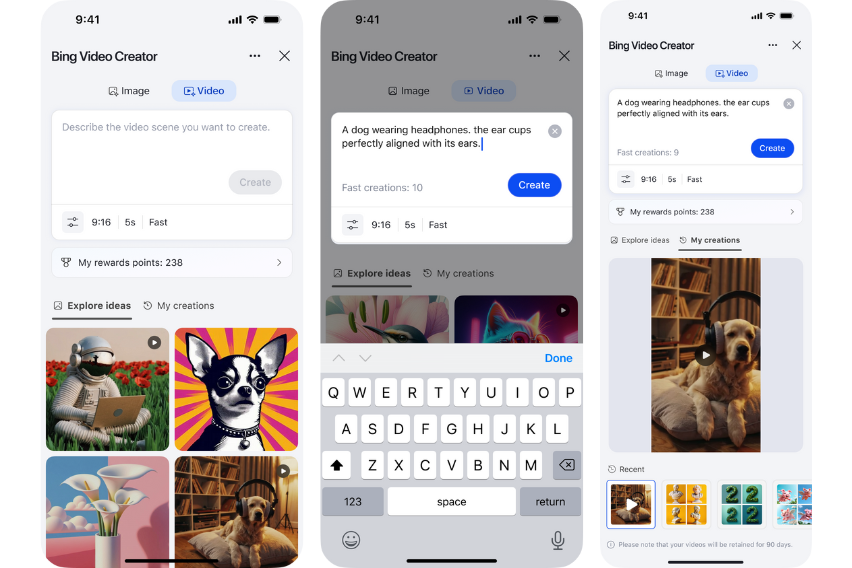
Free AI video tool from Microsoft lets you create wild videos in seconds with Bing
If you’ve ever wanted to make your own video without picking up a camera, editing anything, or paying a dime, Microsoft just dropped something you absolutely must check out. It’s called Bing Video Creator, and yes, folks, it’s completely free.
This new tool, powered by OpenAI’s Sora model, turns simple text prompts into five-second videos. Just type what you want to see and boom, a video appears. No editing software, no experience, and absolutely no money required.

Microsoft and CrowdStrike finally fix the stupidest problem in cybersecurity
In cybersecurity, every second counts. But when the same hacking group goes by half a dozen different names depending on which company you ask, defenders are left wasting time instead of stopping attacks. Now, Microsoft and CrowdStrike are teaming up to clean up the mess they helped create.
The two companies just announced a joint effort to map their threat actor naming systems to each other. Basically, it’s a cheat sheet for decoding the confusing and conflicting names used across the industry. Midnight Blizzard? That’s Microsoft’s name for what CrowdStrike calls Cozy Bear. Others call it APT29 or UNC2452.
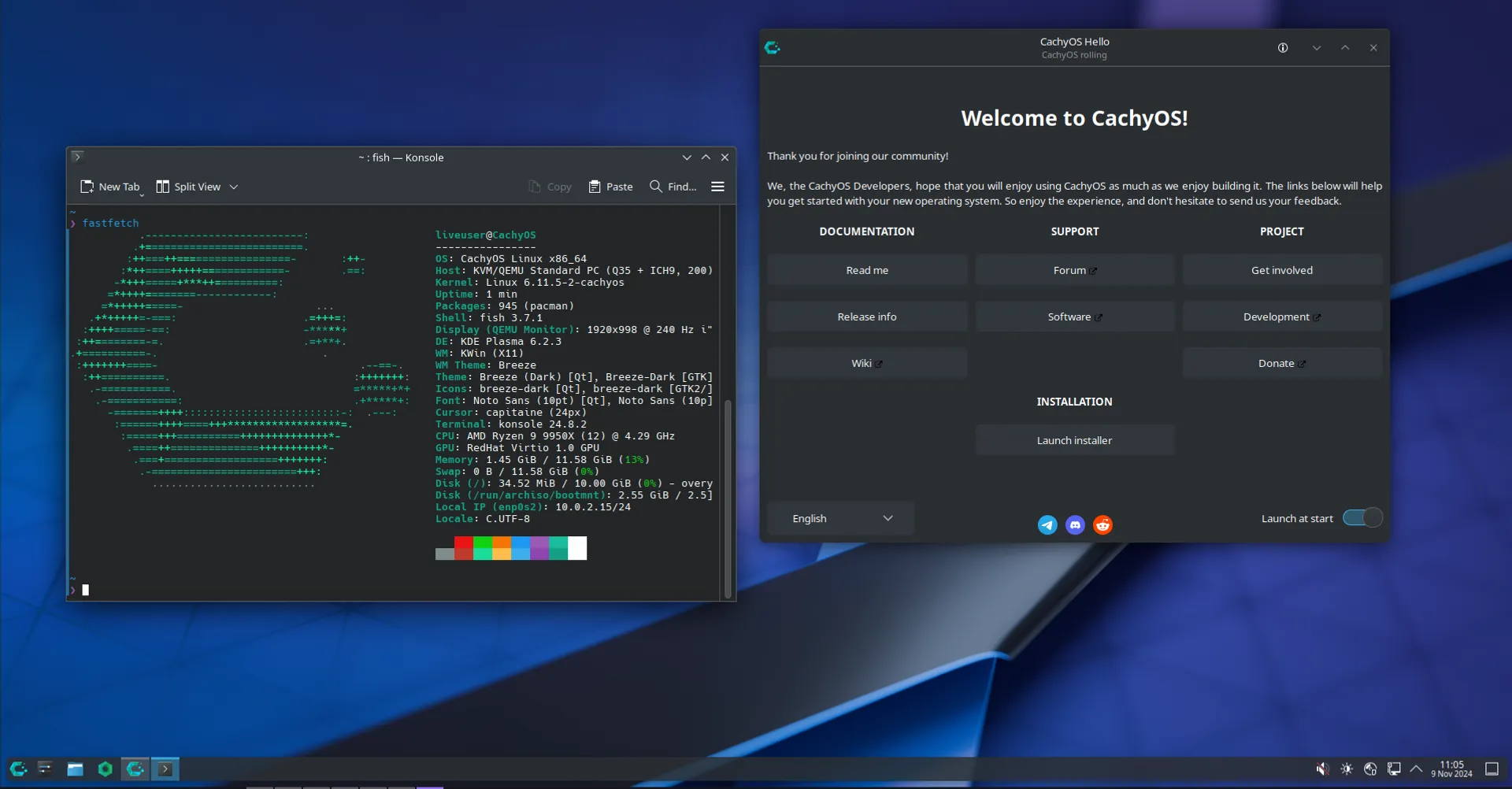
Linux users, rejoice! CachyOS fixes Nvidia issues and kills buggy browser
CachyOS is back with its latest May 2025 release, and yes, Nvidia users can finally breathe a sigh of relief. After months of headaches caused by the distro switching to the “open” Nvidia module, older GPUs like the 10xx series were left limping along with buggy Nouveau drivers. That mess is now cleaned up. The ISO now automatically detects your GPU and loads the correct driver.
The changes don’t stop there, folks. If you’re into aesthetics, the boot process just got a fresh coat of paint. There’s a new Plymouth boot animation and GRUB theme that help unify the distro’s visual identity. It’s a small touch, but it makes a difference.
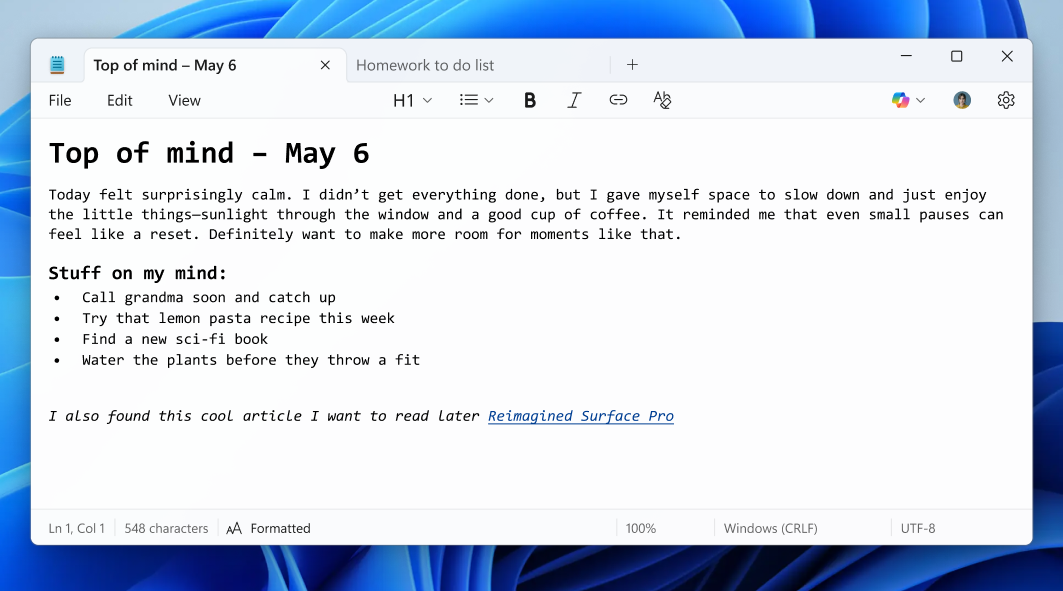
Microsoft is ruining Notepad with pointless formatting in Windows 11
Sigh. Microsoft just can’t leave well enough alone. The company is now injecting formatting features into Notepad, a program that has long been appreciated for one thing -- its simplicity. You see, starting with version 11.2504.50.0, this update is rolling out to Windows Insiders in the Canary and Dev Channels, and it adds bold text, italics, hyperlinks, lists, and even headers.
Sadly, this isn’t a joke. Notepad is actually being turned into a watered-down word processor, complete with a formatting toolbar and Markdown support. Users can even toggle between styled content and raw Markdown syntax. And while Microsoft is giving you the option to disable formatting or strip it all out, it’s clear the direction of the app is changing.
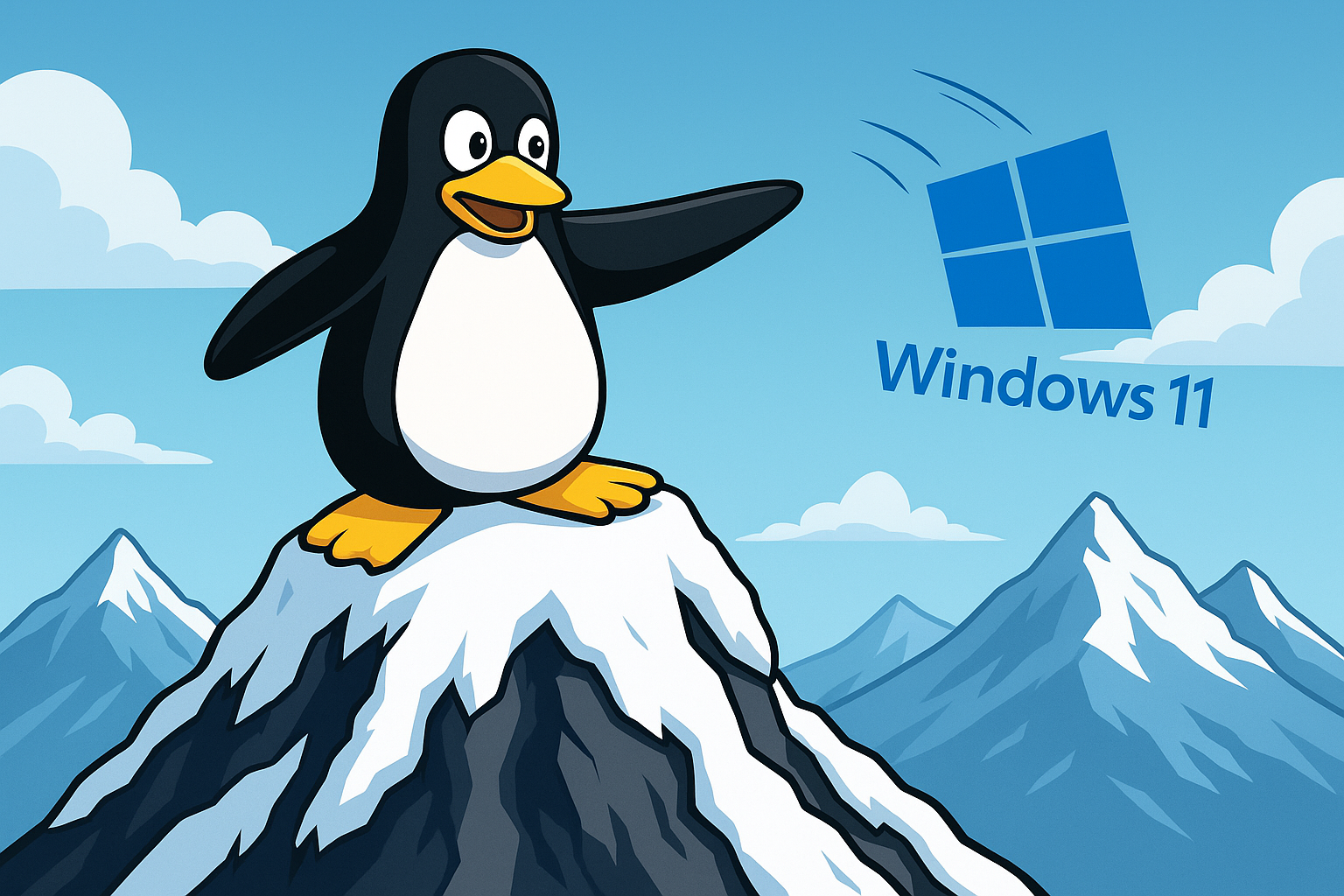
Ditch Windows 11 and try Alpine Linux 3.22 with GNOME 48 and Plasma 6.3
Alpine Linux 3.22 is finally here (download), and if you’re tired of bloated operating systems like Windows 11, this release might be the breath of fresh air you’ve been waiting for. While Alpine is still a niche distribution, it’s slowly becoming a viable option for power users who want speed, control, and simplicity.
Despite being known as a lightweight distro often used in containers and servers, Alpine 3.22 brings some serious desktop upgrades. It now includes GNOME 48, KDE Plasma 6.3, and LXQt 2.2. Even the XFCE desktop got some love, with updated packages like xfce4-panel 4.20.4, thunar 4.20.3, and more. It’s clear Alpine is not just for the command-line crowd anymore.

Elon Musk quietly kills encrypted DMs on X and you should be furious
X, the social platform formerly known as Twitter, just yanked one of its most important privacy features. In a quiet and deeply troubling move, the company announced it is pausing end-to-end encrypted direct messages. Worst of all, there is no clear timeline or meaningful explanation.
According to a post from the official engineering account, encrypted DMs are being temporarily suspended while the team works on improvements. But here’s the kicker: users can still send and receive DMs, they just won’t be encrypted anymore. In other words, your messages are now visible to anyone at X with the right level of access. Hell, this potentially makes them more accessible to hackers too!
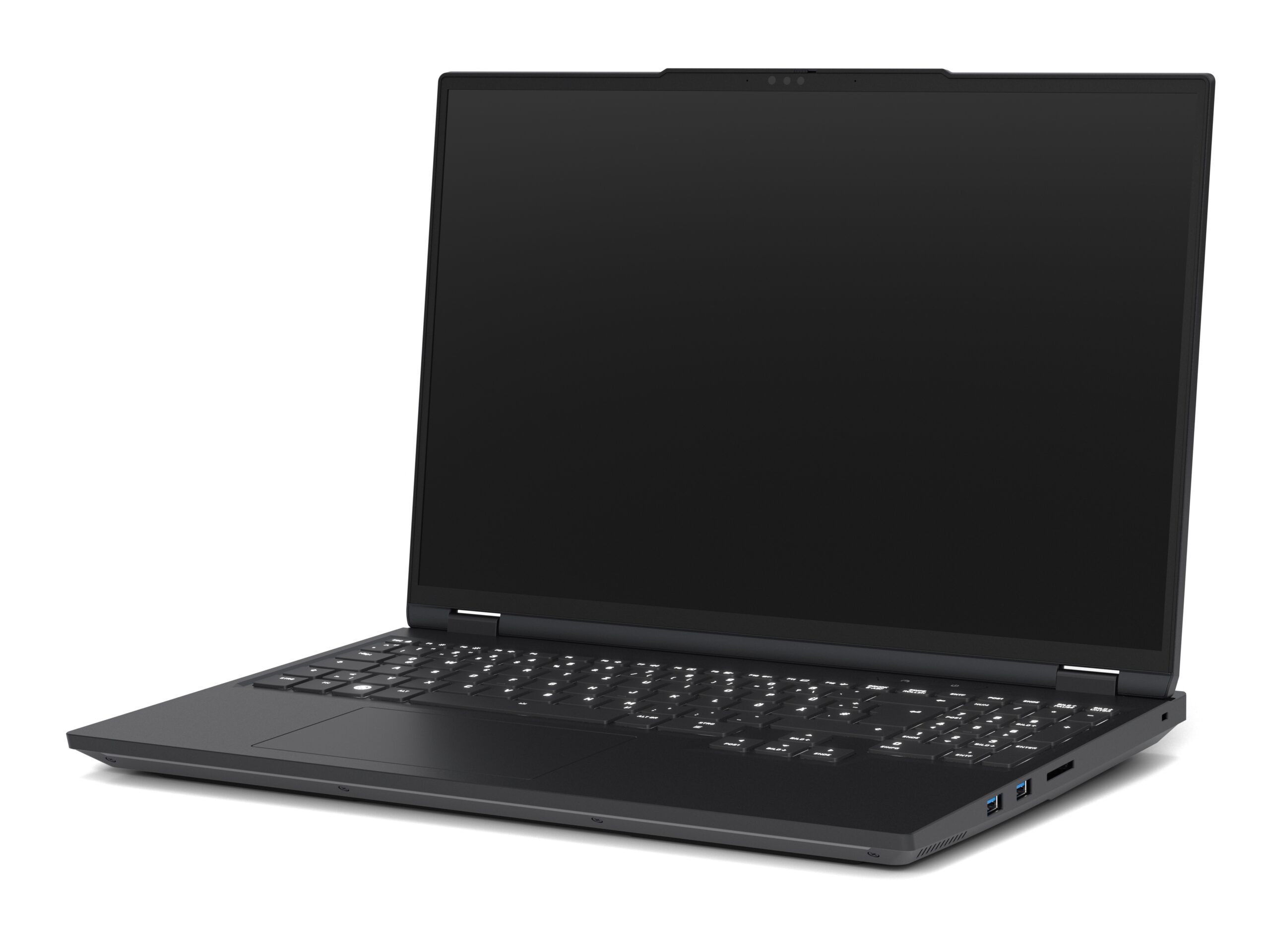
TUXEDO Stellaris 16 Gen7 is a Linux laptop with desktop power and optional water cooling
If you’ve been hunting for a laptop that offers hardcore power without ditching portability, the new Stellaris 16 Gen7 from TUXEDO Computers might be your dream machine. This thing is built like a tank, runs Linux out of the box, and somehow manages to blend high-end desktop performance into a notebook form factor.
At the center of it all is Intel’s Core Ultra 9 275HX processor. It has 24 cores and can hit 5.4GHz, which means it handles everything from gaming and compiling code to editing massive videos without flinching. Even better, it uses way less power than its predecessor. You can fine-tune how it behaves using TUXEDO’s own Control Center, letting you decide how loud or fast it should run depending on what you’re doing.

Apple brings Self Service Repair to iPad
Apple is now letting iPad users fix their own devices with official parts and tools, expanding its Self Service Repair program to include the iPad Air (M2 and newer), iPad Pro (M4), iPad mini (A17 Pro), and iPad (A16). Starting tomorrow, do-it-yourselfers can access the same components and instructions used at Apple Stores and authorized repair shops, including batteries, displays, cameras, and charging ports.
The move comes as right to repair legislation gains traction worldwide. Apple seems to be trying to stay ahead of government pressure while maintaining strict control over how its products are repaired. Still, giving consumers and independent shops broader access to genuine Apple parts marks a shift for a company long criticized for its tightly locked repair system.

Arc browser is dead and I won’t miss it
The Browser Company has officially admitted what many of us suspected for a long time; Arc wasn’t the future of browsers. In a lengthy blog post, the company tried to put a polished spin on its decision to abandon Arc in favor of its new AI product, Dia. But let’s be honest here: Arc never lived up to the hype, and it’s baffling how much praise it received to begin with.
Sure, the tech press fawned over Arc like it was some kind of design breakthrough. But for anyone who actually tried to use it as their daily browser, the experience was clunky, confusing, and just not very good. It asked too much of users and gave back too little. Novelty for novelty’s sake is not innovation. And quite frankly, Arc proved that.

Can’t afford RHEL? AlmaLinux 10 is enterprise Linux for cheapskates
AlmaLinux 10.0, nicknamed “Purple Lion,” is officially available here, and it is a clear choice for anyone who wants RHEL 10 compatibility without spending a cent. For those unwilling (cheapskates) or unable (broke) to pay Red Hat’s subscription fees, this release feels like a gift.
Built using the new Kitten upstream, AlmaLinux 10.0 stays fully compatible with RHEL 10 while making some much-needed changes for real users. It supports hardware Red Hat left behind, restores features RHEL dropped, and keeps everything free and open.
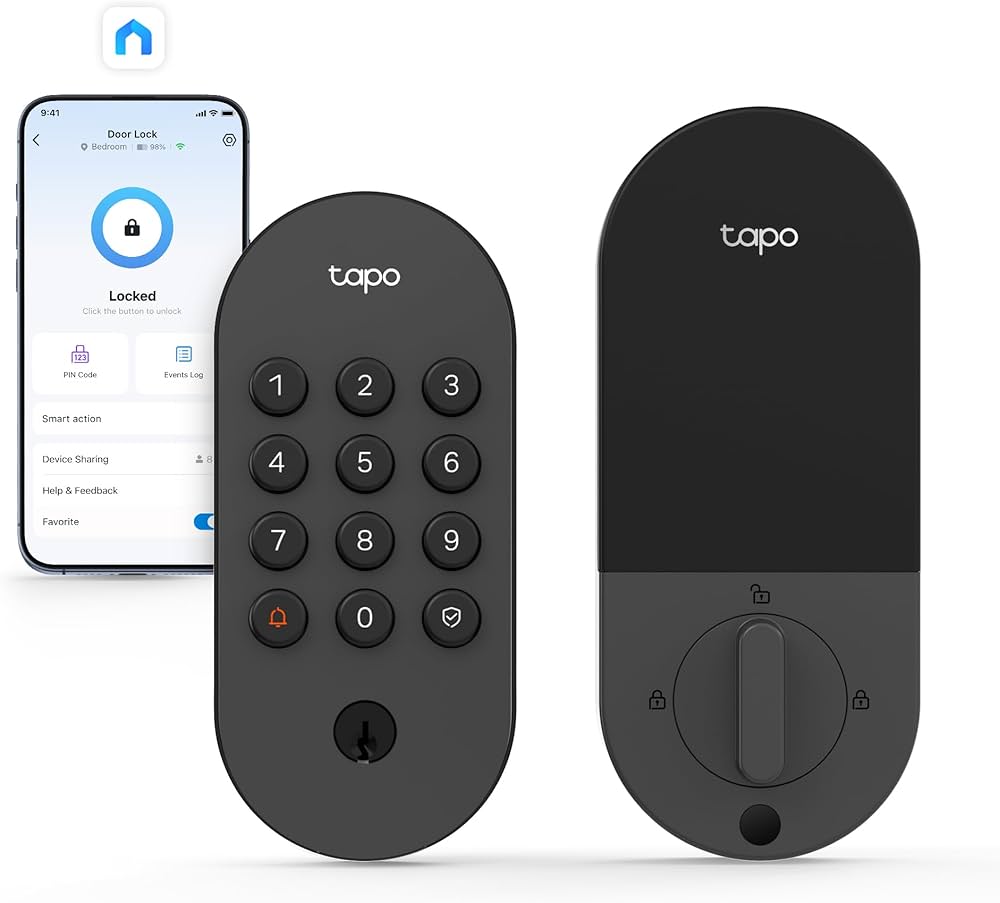
TP-Link Tapo DL100 smart deadbolt launches with Wi-Fi and Bluetooth
TP-Link has introduced a new way to upgrade your front door without spending a fortune. The company has launched the Tapo DL100, a smart deadbolt door lock that offers a surprising mix of features for an affordable price.
Unlike other smart locks that hide essential functions behind a paywall or require complicated setups, the DL100 keeps things simple and accessible. You can unlock your door using the Tapo mobile app over Bluetooth or Wi-Fi.
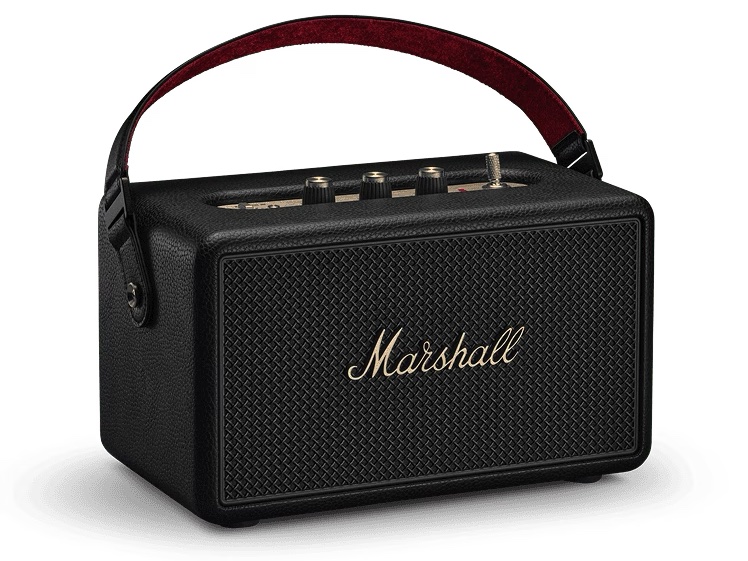
Marshall Kilburn III Bluetooth speaker has long battery life and iconic design
Marshall has officially launched the Kilburn III, the latest version of its well-known Bluetooth speaker. While it keeps the familiar design that fans have come to expect, this third-generation model introduces some notable updates, including more than 50 hours of portable battery life.
That extended playtime is a major improvement over the previous generation. It means users can go through an entire weekend of listening without needing to recharge. The speaker also features 360-degree sound with what Marshall calls “True Stereophonic” audio, which aims to deliver consistent sound quality no matter where you’re standing in relation to the device.

PowerA brings Hall Effect controllers and accessories to Nintendo Switch 2
PowerA is entering the Nintendo Switch 2 era with a batch of officially licensed accessories. The most exciting of the bunch is a wired controller featuring Hall Effect sensors.
Now, it might be a little disappointing that these controllers are wired rather than wireless. But in a world full of devices begging to be charged, there’s something oddly refreshing about plugging in and not worrying about battery life. For gamers who’d rather skip the charging hassle and just play, this old-school approach actually has its perks.
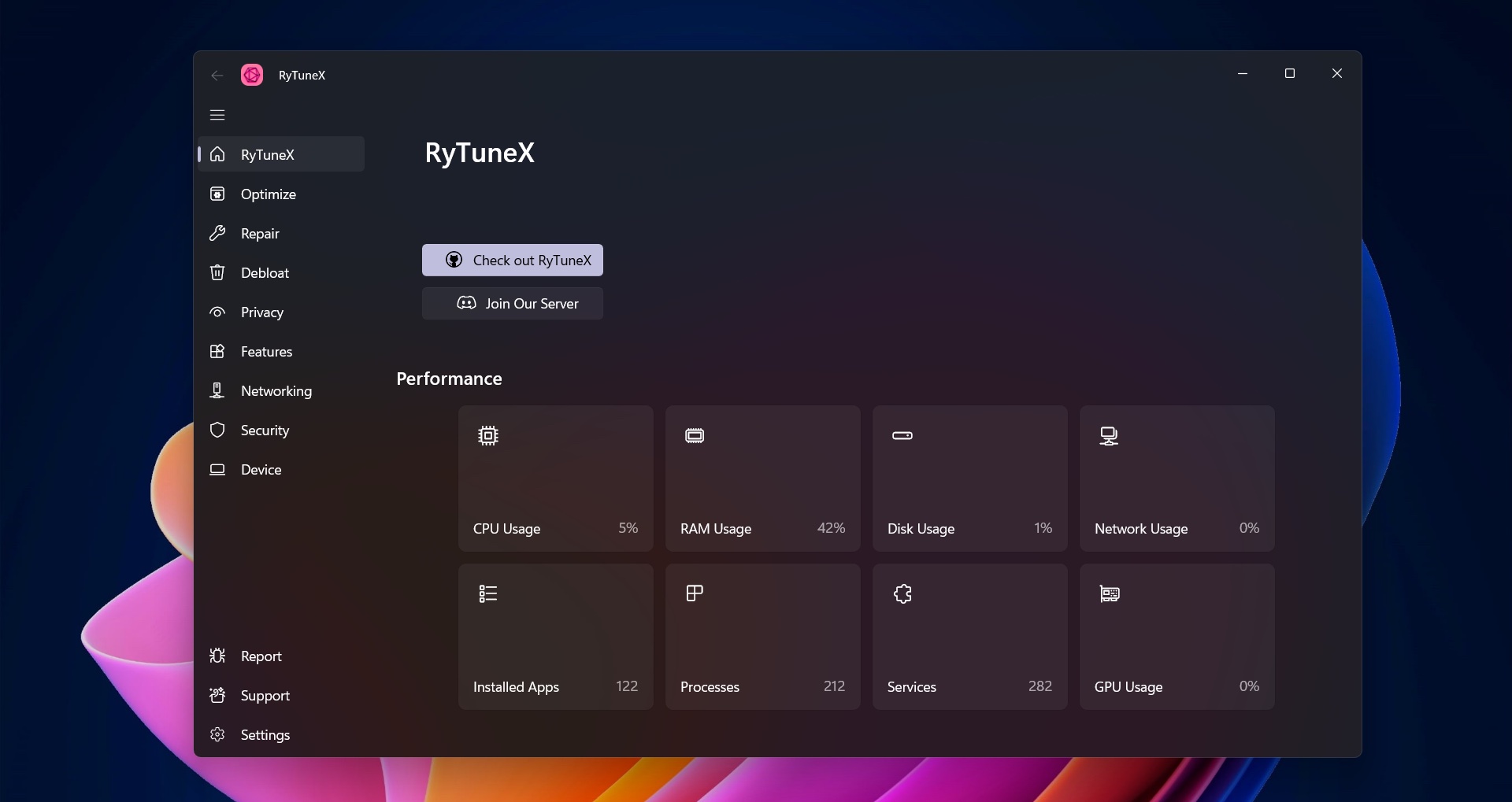
RyTuneX 1.3.2 helps optimize Windows 11 by removing Microsoft Edge and cleaning the Start Menu
Let’s face it, folks, Windows can be quite an annoying mess. Between unwanted apps, a cluttered Start Menu, and constant tracking, it often feels like you’re fighting your own computer. That’s where RyTuneX comes in. Version 1.3.2 is here, and while it’s a small update, it brings exactly the kind of changes that make Windows 10 and Windows 11 suck a little less.
If you’re new to RyTuneX, here’s the deal. It’s a free tool built with WinUI 3 and .NET 8 that lets you clean up your system, block telemetry, manage features, and get rid of the junk that ships with Windows. It’s easy to use and designed to give users more control without the usual fluff.

